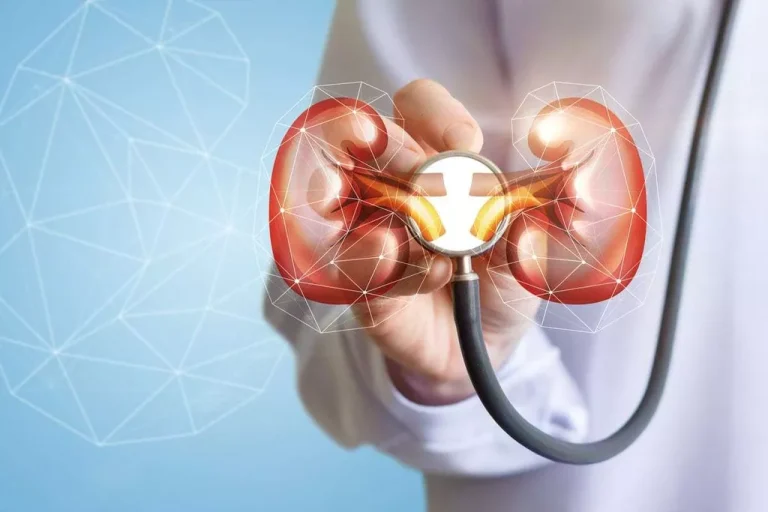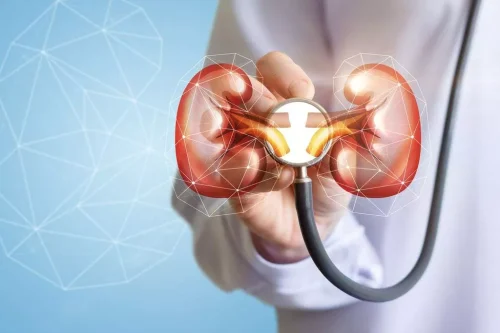
With excessive alcohol consumption, this important organ can’t metabolize Vitamin D, which could develop into a deficiency. Some common signs and symptoms of cirrhosis include fatigue, itchy skin, weight loss, nausea, yellow eyes and skin, abdominal pain and swelling or bruising. Often times, alcoholics develop chronic health conditions as a result of their drinking. These conditions https://ecosoberhouse.com/ include heart disease, liver damage, brain damage, malnutrition, and mental disorders.
- If a person continues to drink alcohol regularly, they will build up a tolerance.
- Alcoholism can damage your mind and body and make your relationships difficult.
- Physically, the effects of alcohol at this stage are far more pronounced.
- The primary symptom of stage one is the development of alcohol tolerance.
- Fatty buildup in your liver can cause nonalcoholic steatohepatitis and lead to cirrhosis.
- Dr. Hoffman is the Co-Founder and Chief Medical Officer of AddictionHelp.com and ensures the website’s medical content and messaging quality.
Physical Dependency
The first stage of alcoholism is a general experimentation with alcohol. These drinkers may be new to different forms of alcohol and likely to test their 5 stages of drinking limits. The consumption of alcohol has long been a part of human socialization. The first recorded alcoholic beverage dates back as early as 7000 B.C.—and they have been consistently part of social gatherings since then. While partaking in alcohol may seem like a harmless bit of fun, a person must always be mindful of how much they have consumed.
Participation in Support Groups

After a long period of continuous heavy drinking, alcohol has contributed to the damage and deterioration of vital organs such as the liver, heart, kidneys, pancreas, and brain. Mental problems such as dementia or delirium tremens (DTs) occur, and they face an increased risk of developing cancer. Once an individual begins to drink more frequently, they have entered the second stage of alcoholism. During this stage, drinkers are typically still drinking solely in social settings. However, they need to consume more alcohol in order to produce the same effect they experienced in the beginning.
Get Help With Alcohol Addiction

The latest Survey on Alcohol and Drugs in Spain shows that 9% of the population aged 15 to 64 drank alcohol daily in the 30 drug addiction treatment days prior to the survey. Additionally, 6.4% of respondents admitted to being drunk in the last month (8.5% of men and 4.2% of women), while 15.4% engaged in binge-drinking (20.3% of men and 10.4% of women). Men, in particular, are consuming alcohol at worrying levels, averaging between 30 and 40 grams of alcohol daily, while women drink 10 grams less. The best way to combat this cause of liver damage is to lose excess weight with the help of diet and exercise. With any liver disease, it’s important to stay away from alcohol and, in some cases, avoid taking vitamin E. Treatment is most beneficial for those at the point of middle-stage alcoholism.
#2. Early Alcoholism

The further someone’s drinking progresses, the easier it becomes to notice their lack of control. Middle-stage alcoholism is when their drinking problem reaches more serious levels. Clear examples of progressive alcoholism include placing drinking ahead of their family, their job, or their education. The pre-alcoholic stage is a formative stage; people go in one of two directions. Those who begin using alcohol as a tool someone uses to unwind after a long day, bolster themselves in social situations, or help them fall asleep progress into the next stage of alcoholism.

- Similarly, when a person increases their alcohol intake, they also increase the risk of damage to their body.
- Tolerance develops when the same amount of alcohol no longer produces the same effects.
- Alcoholism is characterized by an uncontrollable physical and psychological urge to drink.
- Mental health professionals, such as psychiatrists, psychologists, and counselors, work collaboratively to address both the psychological and physiological aspects of alcohol addiction.
- If you can identify with one or two stages, please understand that alcoholism is a progressive disease.
With the support of mental health services, support groups, and comprehensive treatment programs, individuals can overcome alcohol addiction and lead healthier, more fulfilling lives. End stage alcoholism is marked by significant physical and mental decline. Vital organs, including the liver, suffer damage, leading to liver diseases and liver failure. Brain damage and immune system compromise are common, and the risk of death from alcohol-related causes increases. The National Institute on Alcohol Abuse and Alcoholism provides extensive alcohol research on the effects of end stage alcoholism. The stages of alcoholism were first introduced by researcher, Elvin Morton Jellinek.